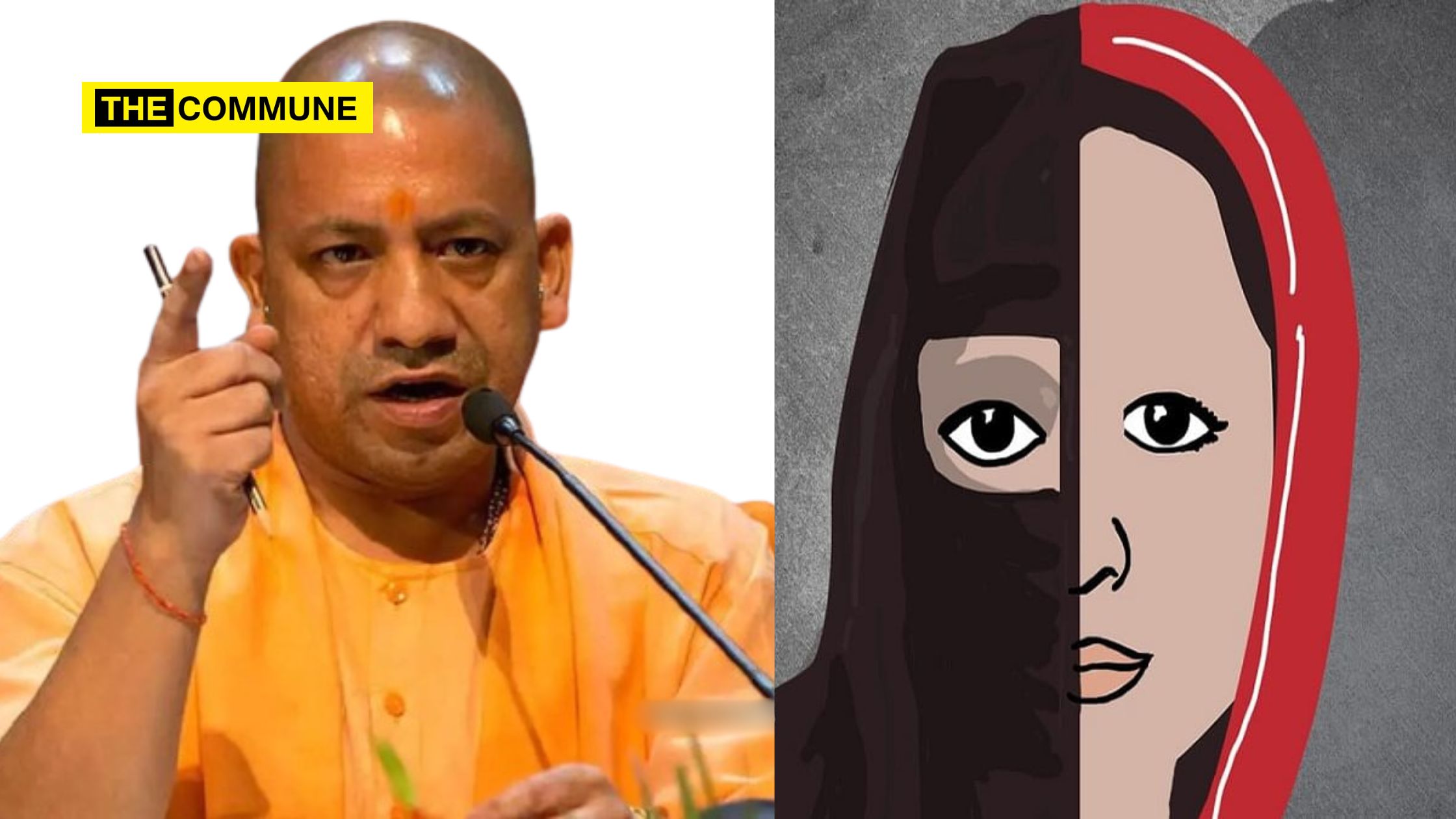
The Yogi Adityanath-led BJP government in Uttar Pradesh has proposed significant amendments to the UP Prohibition of Unlawful Religious Conversion (Amendment) Bill, introducing life imprisonment for those found guilty of love jihad. The amendments, presented in the state Assembly on Monday, double the punishment for previously defined crimes and broaden the definition of love jihad to include more offences.
The amended Bill, expected to pass by voice vote on 2 August 2024, has sparked severe criticism from the Opposition.
Key Amendments To UP’s Love Jihad Law
- The original Bill prescribed punishments ranging from one to 10 years for various offences.
- It declared conversions solely for marriage as invalid and deemed conversion by lying and cheating a crime.
- Voluntary conversions required notifying the magistrate two months in advance.
- Forced or fraudulent conversions attracted one to five years of imprisonment and a fine of ₹15,000.
- Unlawful conversions involving minors or women from the SC/ST community faced three to ten years of imprisonment and a fine of ₹25,000.
- Non-compliance with notification requirements for conversion could result in six months to three years of imprisonment and a fine of at least ₹10,000.
- The Bill mandated public prosecutor input before considering bail petitions and determined punishments based on the crime’s sensitivity, the social status of the women, and their community background.
Background Of 2021 Love Jihad Bill
- The Uttar Pradesh Prohibition of Unlawful Conversion of Religion Act, 2021 imposed sentences ranging from one to 10 years for violations.
- It stated that marriages would be null and void if a woman’s conversion were solely for marriage.
- The burden of proving that the conversion was not done forcibly lies on the accused and the convert.
- Bill aimed to prevent conversions through misrepresentation, force, undue influence, coercion, allurement, fraudulent means, or marriage.
- It prohibited anyone from abetting, convincing, or conspiring in such conversions.
- An aggrieved person or their relatives could lodge an FIR regarding such conversions.
These proposed amendments aim to strengthen the existing law. It will address gaps since its initial passage amid ongoing debates over its implications and enforcement.
(With inputs from Business Standard)
Subscribe to our channels on Telegram, WhatsApp, and Instagram and get the best stories of the day delivered to you personally.




